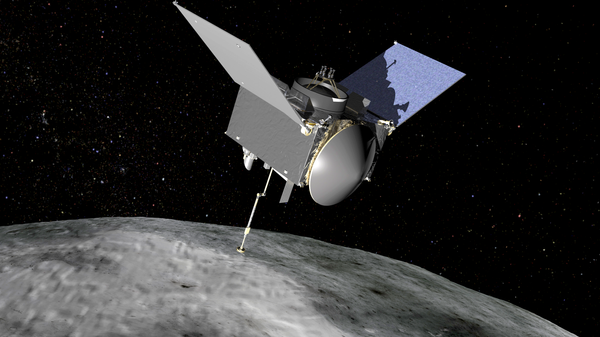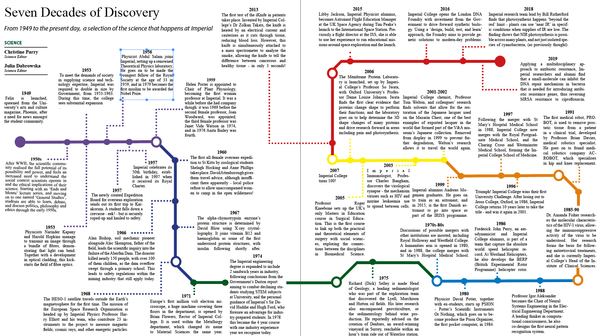The logistics of vaccine distribution
Despite current estimates of a vaccine being approved by early 2021, distribution can take months meaning restrictions may not end until late next year.
Contact: science.felix@imperial.ac.uk
Despite current estimates of a vaccine being approved by early 2021, distribution can take months meaning restrictions may not end until late next year.
It is evident that even with this year’s evolution in the recognition of women’s achievements, the Nobel prizes are still a bastion of inequality.

The Blackett Lab Family is a growing collective of UK based Black physicists. In doing so, we hope to fundamentally diversify the perception of physics and physicists within the Black community and the wider scientific community
Harvard University researchers have responded to the oil and gas giant’s criticism of their 2017 peer-reviewed analysis, which showed that ExxonMobil has misled the public about the severity of climate change.
The ESA has announced almost €3 billion of investment into “the robotic and human exploration of the Solar System”

On Tuesday evening at 23:12 BST, NASA’s OSIRIS-REx probe made brief contact with the near-Earth asteroid Bennu to successfully collect a sample of rocks and dust for study upon its return to Earth.
The decision to institute a national lockdown in the UK in response to the coronavirus pandemic, announced via televised address on the 23rd March, came far too late.
A network of potentially 42,000 mini satellites providing high-speed internet to the entire planet is the end goal of Elon Musk’s SpaceX Starlink programme.
The Duke of Cambridge has become the latest celebrity to speak out about the urgency of climate action as he announced the Earthshot Prize last week.
RNA, despite being known primarily for its role in protein synthesis, is a particularly effective gene therapeutic.

If you’re not a Chemistry student, or even if you are, you may have not heard of this famous Nobel laureate and Imperial alumnus. But you should.

From 1949 to the present day, a selection of the science that happens at Imperial